At The Horse Trust, we’re committed to protecting not just the horses in our care…
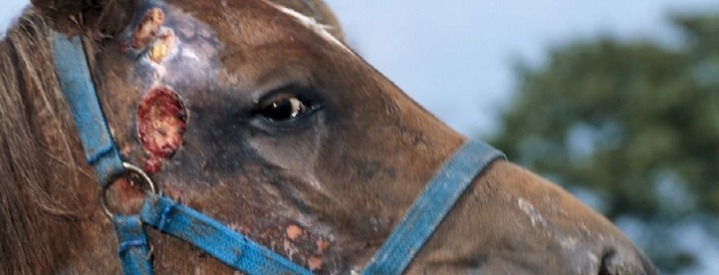
Developing a National Surveillance System of Strangles
Development and Implementation of a Strangles Surveillance System
The Horse Trust has been funding Strangles research for over 20 years and is supporting the development of a Strangles surveillance programme in partnership with the Animal Health Trust (AHT). Led by Dr Richard Newton, the new system will be the first to accurately monitor the spread of the infection through the UK horse population.
It aims to help scientists to more closely understand if there are any links between outbreaks and new strains of the bacterium and in time, facilitate the monitoring of any Strangles control initiatives such as future vaccines.
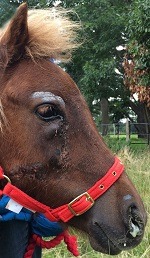 The Horse Trust also hopes the public can be encouraged to take a much calmer approach to the much-feared illness, which can be easily managed with basic bio-security. It is not airborne and simple biosecurity measures such as changing clothes, washing boots in Vircon and wearing disposable gloves can help make sure it doesn’t spread. It is incredibly rare for a horse to die of Strangles, it’s just very unpleasant to go through. Sadly, there is a tendency to victimise or vilify yards or owners with an infected horse or pony and this is not at all helpful.
The Horse Trust also hopes the public can be encouraged to take a much calmer approach to the much-feared illness, which can be easily managed with basic bio-security. It is not airborne and simple biosecurity measures such as changing clothes, washing boots in Vircon and wearing disposable gloves can help make sure it doesn’t spread. It is incredibly rare for a horse to die of Strangles, it’s just very unpleasant to go through. Sadly, there is a tendency to victimise or vilify yards or owners with an infected horse or pony and this is not at all helpful.
Earlier this month, Vesta, a Shetland arrived at The Horse Trust after two week’s treatment at the Royal Veterinary College (RVC). She had been rescued by Reading-based rescue charity Saving Abandoned Fly-grazing Equines (SAFE). Her harrowing story was published by Horse and Hound. She will remain in isolation for several weeks to ensure she has not become a carrier to safeguard the herd at the Trust but even as a carrier, there is treatment and had she received antibiotics at the right time, she would not be in the terrible condition she is now. (Read the article online)
Jeanette Allen, Chief Executive of The Horse Trust said, “This beautiful little Shetland is a perfect example of just how treatable Strangles can be, that even with such advanced infection she is almost certainly going to live a happy, healthy and hopefully long life thanks to proper treatment and simple infection control procedures.”
“We need to get rid of the myths and the unpleasantness surrounding strangles and make it something everyone in the community fights together. In supporting Dr. Newton and the national surveillance programme, we will hopefully bring the subject properly into the light and help people get a better understanding.”
“In supporting strangles research for over 20 years with the AHT, it is our long-term ambition to create an effective and affordable vaccine in the future. The surveillance programme will help in testing the efficacy of any new vaccines when the time comes.”
1 2
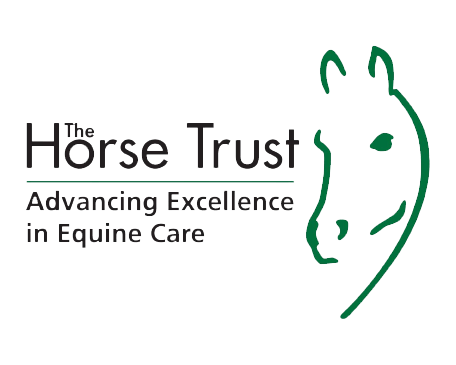
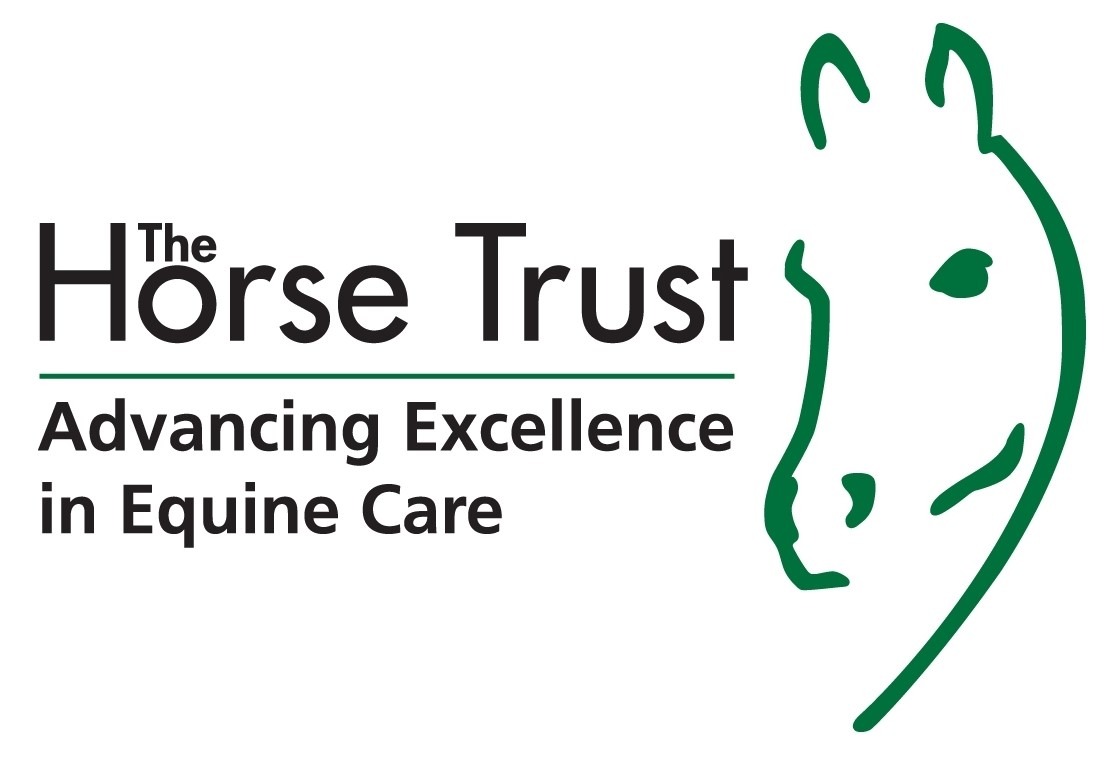

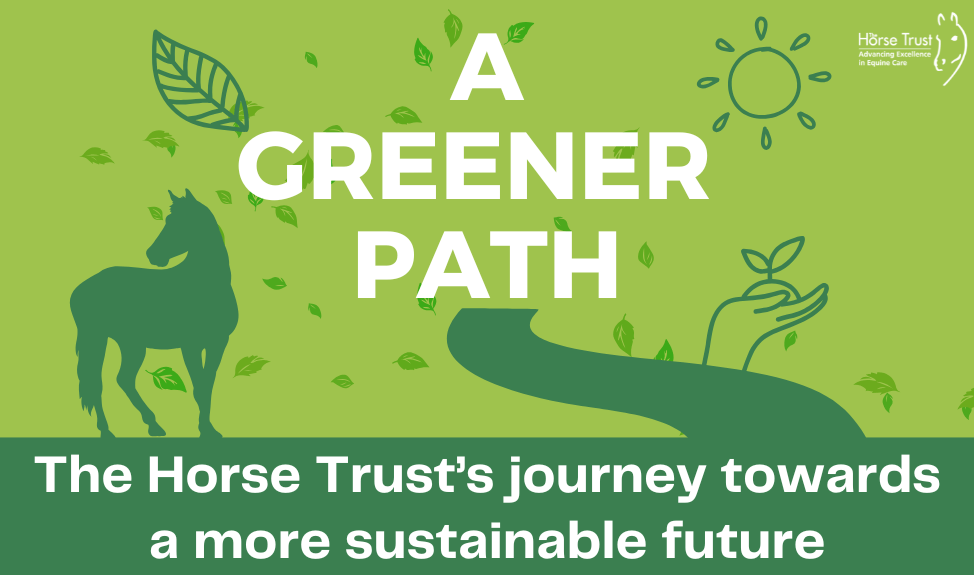
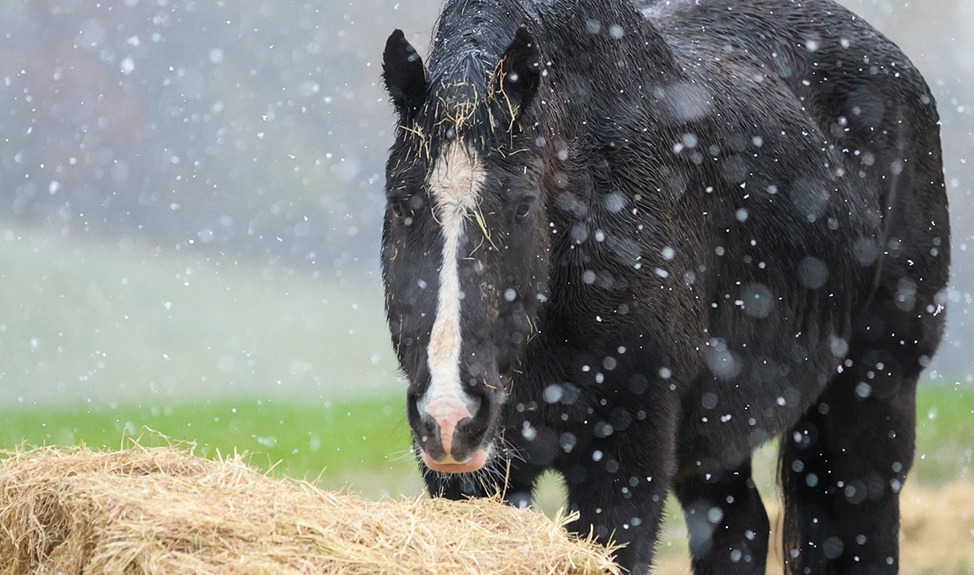










Comments (0)